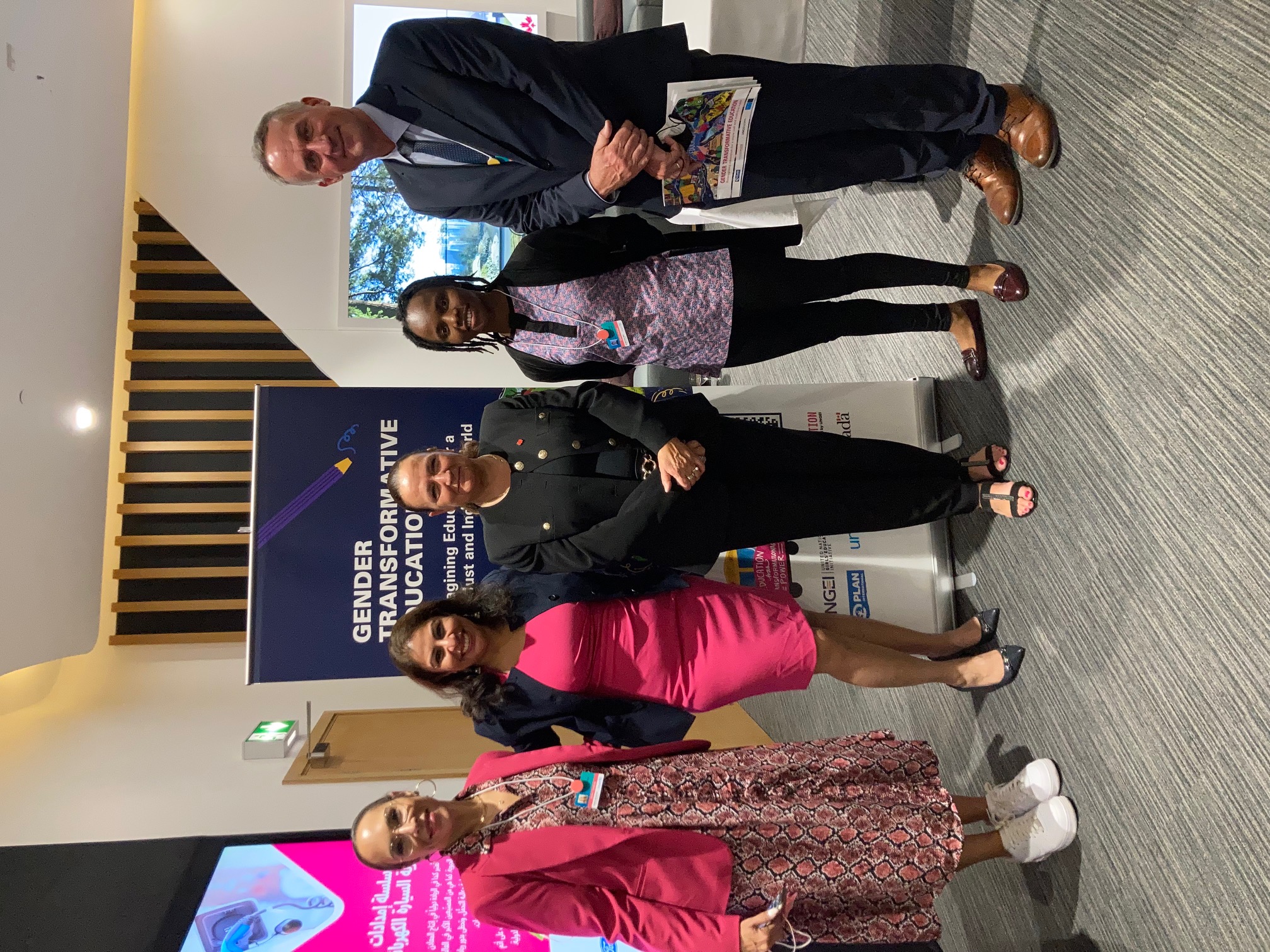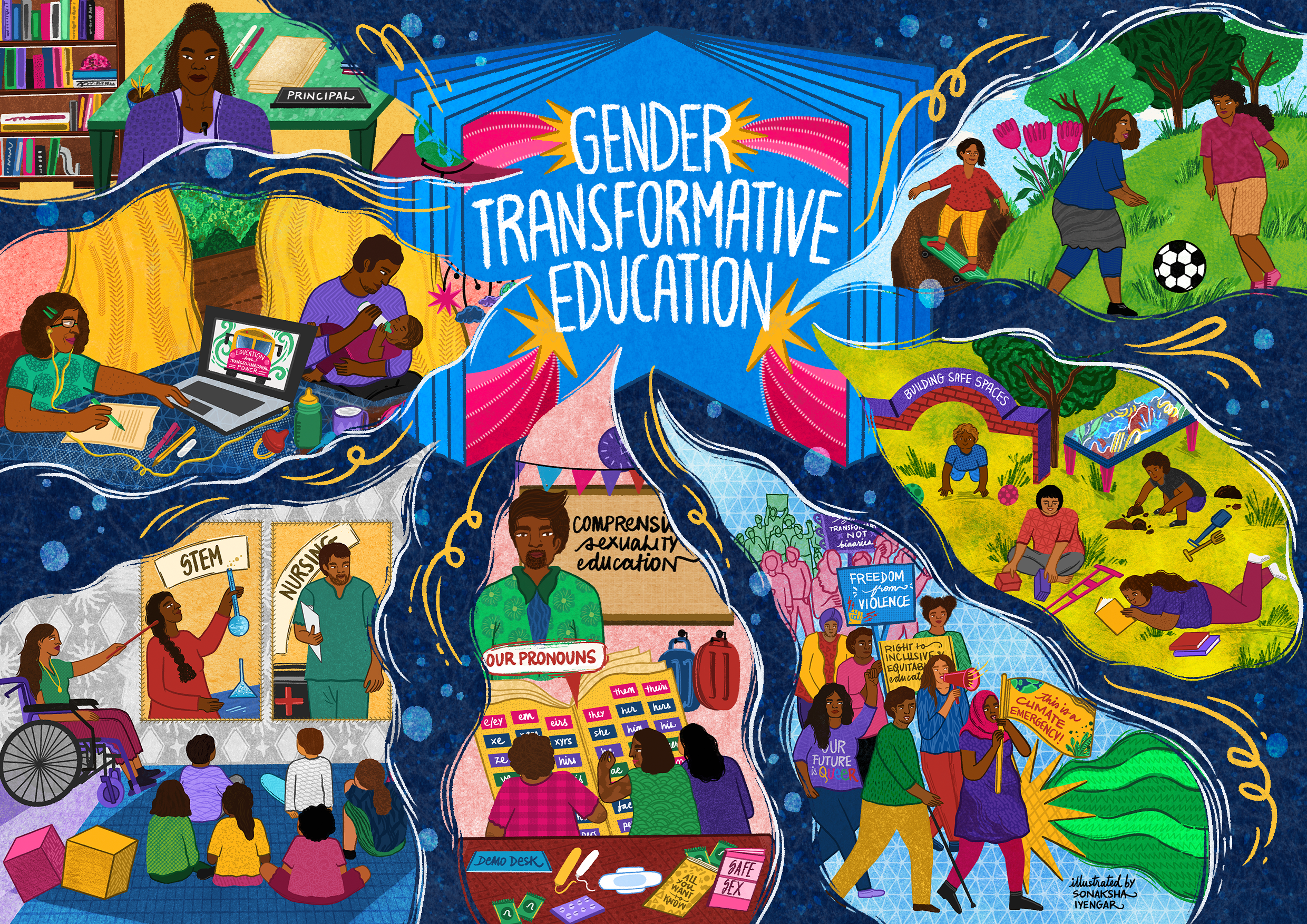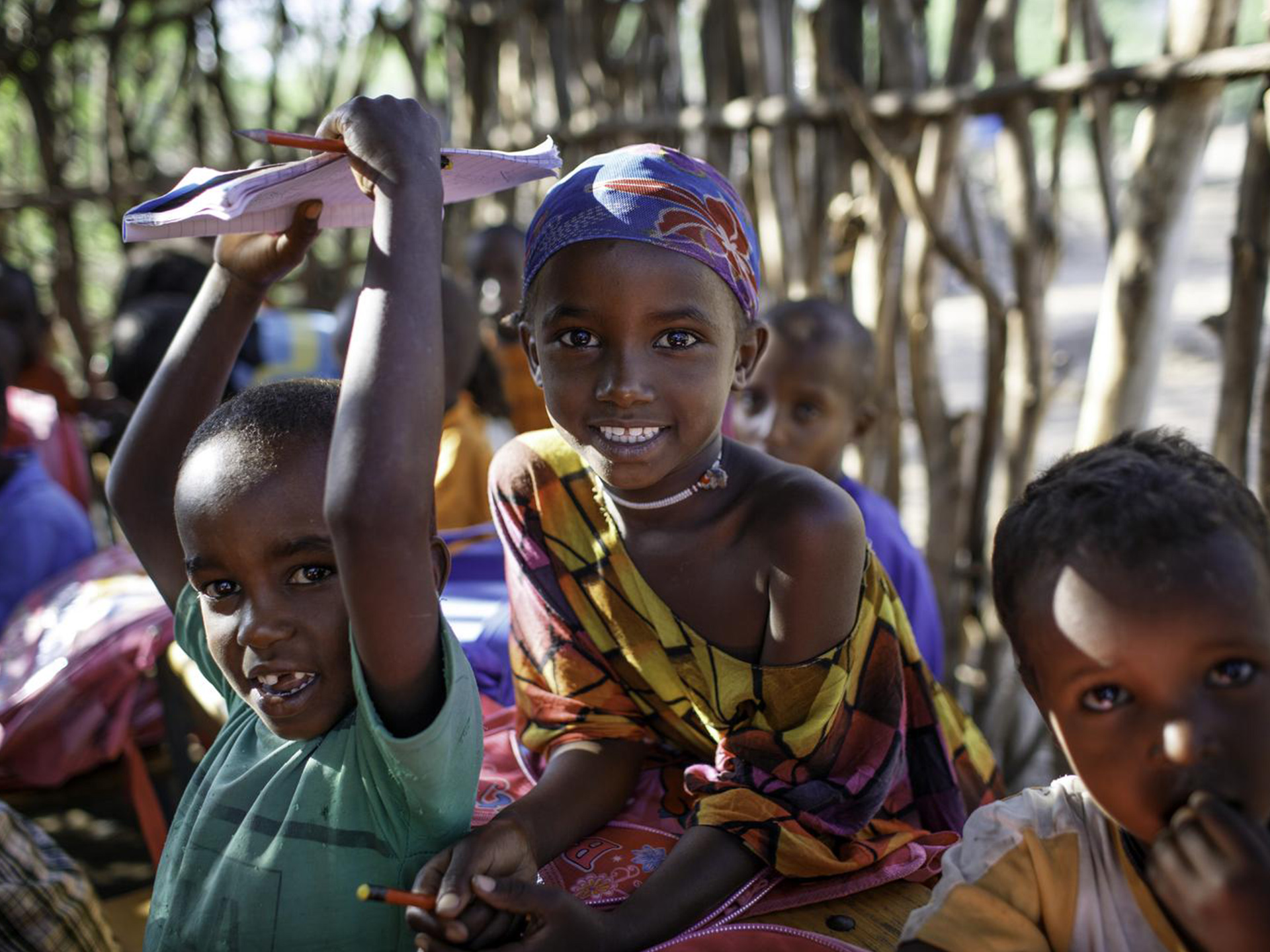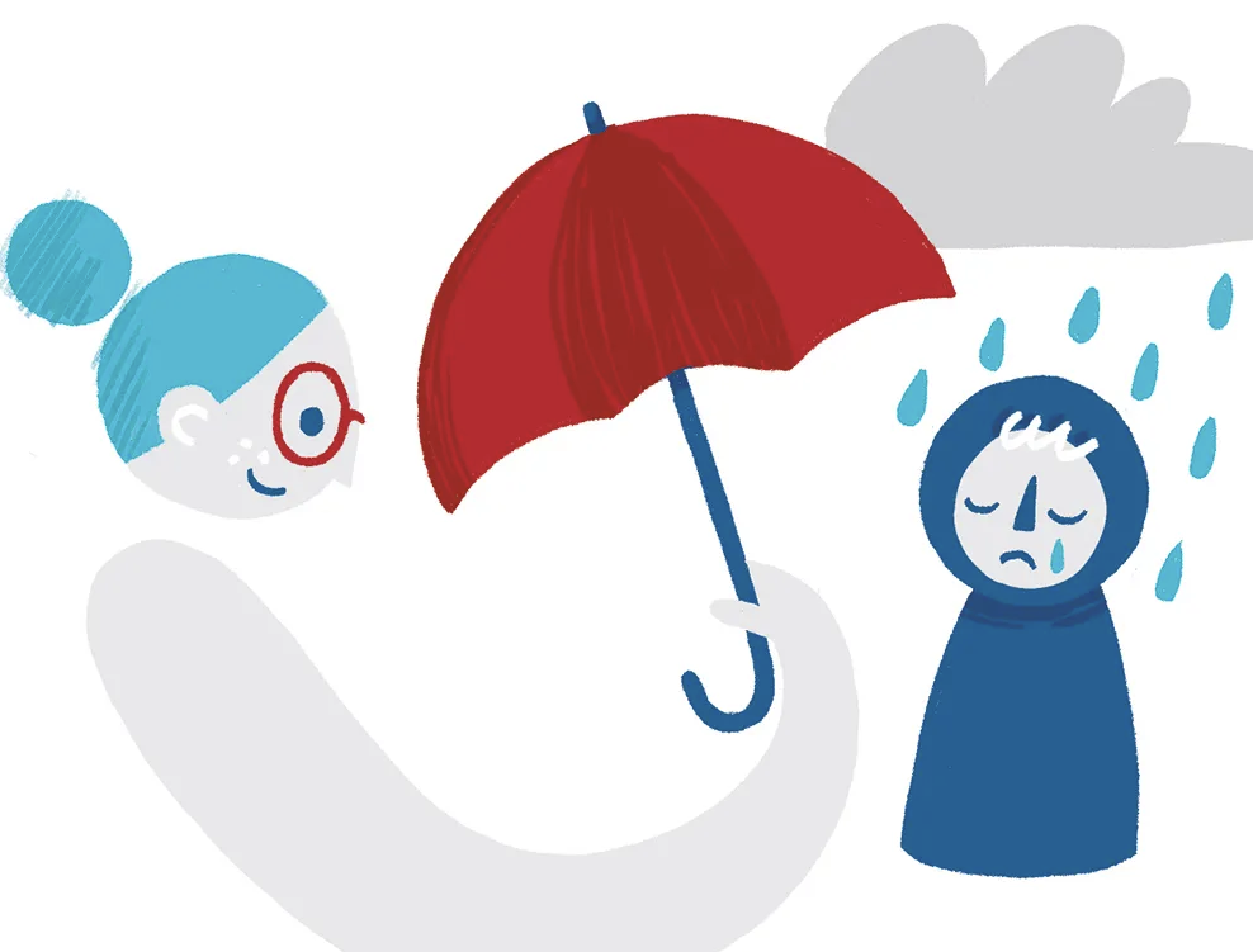In December 2021, Plan International, Transform Education, UNGEI and UNICEF Education launched the Gender Transformative Education brief. It explains how to “do” gender- transformative education: what it means, why it’s important and how to make it happen. The brief was developed through a highly consultative and intergenerational process, bringing together the voices of global, regional and national education and gender practitioners, academics, ministers, activists and experts. Young feminist activists and youth-led organizations played a critical role in co-creating and taking ownership of the brief. Listen to our new UNGEI podcast episode to learn more about their experiences.
Maryjacob Okwuosa, Founder of WHISPER to Humanity and a member of Transform Education, a young feminist coalition hosted by UNGEI, was part of this co-creation process. After sharing her expertise in the youth consultations coordinated to shape the concepts, language and case studies in the brief, Maryjacob traveled to Dubai to support the launch of the Gender Transformative Education (GTE) brief at RewirEd, a global platform set to rewire education, hosted by Dubai Cares.

Fast forward a few months later, and Maryjacob has already started using the GTE brief as a tool in her everyday work. On the International Day of Education (24th January 2022) Maryjacob and the WHISPER team facilitated a 2-hour workshop with teachers from 10 public schools in south-eastern Nigeria. WHISPER leveraged their existing ties and work with these public secondary schools, including feminist school activities, to offer a capacity-strengthening consultation on gender transformative education.
The workshop started with knowledge-sharing among the group of teachers on existing gender gaps in school spaces, and the WHISPER team gave an introduction to the Gender Transformative Education brief. Some of the gaps identified included a lack of knowledge among teachers and school leaders on gender issues, linked to poor teacher training and capacity building on these issues.
The majority of teachers gathered for the workshop agreed with the urgent need to change the narrative and transform school spaces to ensure safer, more gender-responsive learning environments. The teachers called for more support and capacity building opportunities for schools and teachers, particularly with regards to gender, to bridge this knowledge gap for both teachers and learners.

WHISPER worked with the teachers to co-create a one-page manifesto on how teachers, and their schools, can commit to adopting a gender transformative approach to education. WHISPER committed to delivering guidance counsellor training for teachers representing this network of public schools in south-eastern Nigeria, and quarterly Feminist School Clubs to strengthen awareness, knowledge and capacity on gender transformative education in school spaces.
This ongoing work represents the power of grassroots, feminist action to advance gender equality in and through education. It is the result of a brief that was co-created, and now co-owned, by young feminist activists and networks around the world. They have the expertise, the community links, and the lived experience to adapt tools like the Gender Transformative Education brief, and make them work for their contexts.
This is why shifting power through intergenerational, consultative approaches to developing evidence, guidance and tools on girls’ education and gender equality is so important. It is not just about paying lip service or tokenism to ‘youth participation’. Rather, it must be recognized as an essential mode of partnership to truly generate sustainable change towards gender equality in and through education, ensure that new concepts, ideas and programmes are context-specific and appropriate for the communities they aim to serve, and transform education systems for social and gender justice.

